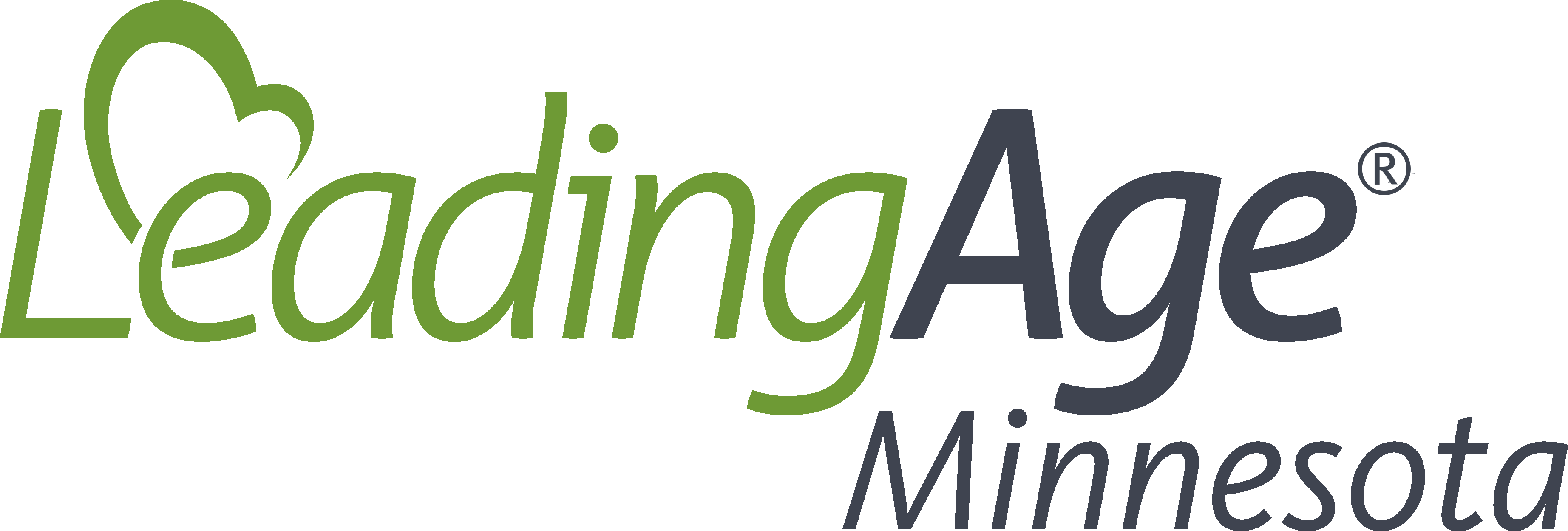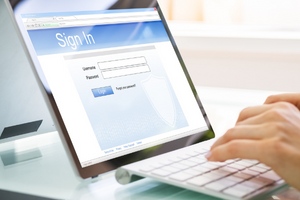
- About
- Join
- Resources
- Education & Events
- Learn
- CEUs
- On-Demand Learning
- Licensed Assisted Living Director Training
- Nurse Leadership Program
- Leadership Academy
- Billing Basics and More
- Quality Specialist Certificate Program
- Operations Certificate Program
- Attend
- Calendar of Events
- Annual Meeting & Leadership Forum
- 2026 Institute & Expo
- Assisted Living Conference
- Event FAQs
- News
- Get Involved
